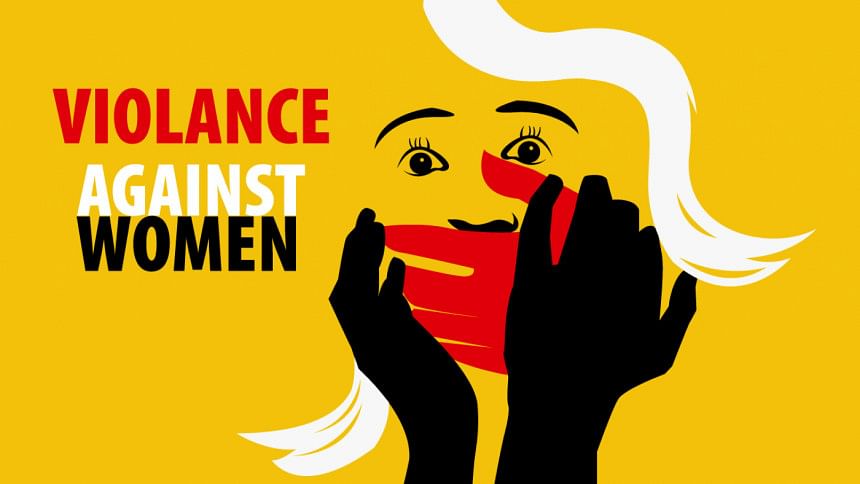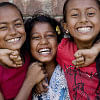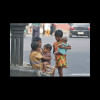'80pc married women experience violence from partners'

Over 80 percent of the currently married women in Bangladesh have experienced violent behaviour from their partners at least once and such violence include, among others, physical, sexual, economic, and controlling, says a report.
And, as high as 55 percent of the married women faced physical or sexual harassment in their lifetime, said UN Women Bangladesh on Saturday quoting VAW (Violence against Women) Survey 2015 carried out by the Bangladesh Bureau of Statistics.
Only 2.6 percent took any legal action for partner physical or sexual violence, says the report.
Intimate partner violence (IPV) is domestic violence by a current or former spouse or partner in an intimate relationship against the other spouse or partner.
About 1 in 5 adolescent girls between the ages of 15 and 19 surveyed in Bangladesh reported experiencing partner sexual violence, according to UNICEF.
Nearly 2 percent of GDP is lost due to expenses related to violence against women and girls (CARE-B, 2011).
More than 67 percent of the female respondents of a survey reported that violence at the factory they are working is medium to very high level (ILO Baseline report 2011).
Some 76 percent female students in higher education institutions faced sexual harassment in their education campus (UN Women).
On the other hand, some 50 percent of violence incidents reported by Rohingya refugees are sexual assault.
Many cases go unreported by survivors because of "safety, confidentiality, shame and stigma" (UNFPA 2017)
According to Ain-o-Salish Kendro (ASK) Bangladesh, from 2013 till Sept 2017, 86 percent of rape victims were minors under 18 years.
Among these minors, 49 percent of rape victims were girls between 7-12 years.
Some 10 percent of all men interviewed in urban site reported perpetrating some form of rape against a woman or girl in their lifetime (Partners for Prevention - P4P study 2013).
A survey with violence perpetrators reveals that the most common motivation for sexual violence was the belief that sex is men's entitlement (77 percent of urban and 81 percent of rural men).
About 29-35 percent of men sexually abused women to take out their anger or to punish them, while about 57- 67 percent of men sexually abused women just for fun (P4P study 2013).
A UN study in Bangladesh asked men if they had forced a woman to have sex in anytime in their lives and 10 percent men said yes, they had done it, UN Women Bangladesh said citing a 2013 report.
Some 82 percent of rural and 79 percent of urban Bangladeshi men said "privilege" as their reason for rape. And an overwhelming 95.1 percent of these men experienced no legal consequences.

 For all latest news, follow The Daily Star's Google News channel.
For all latest news, follow The Daily Star's Google News channel. 








Comments